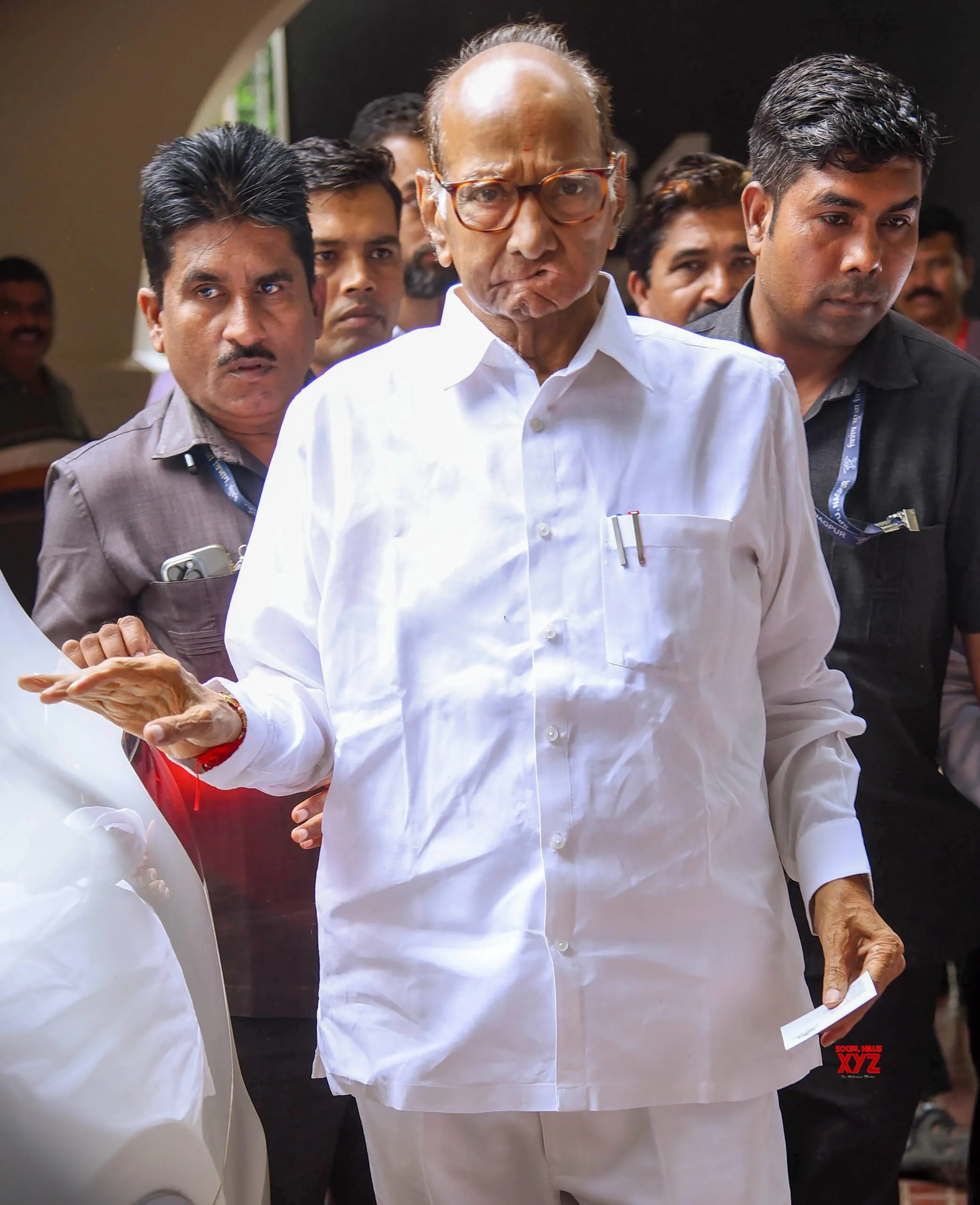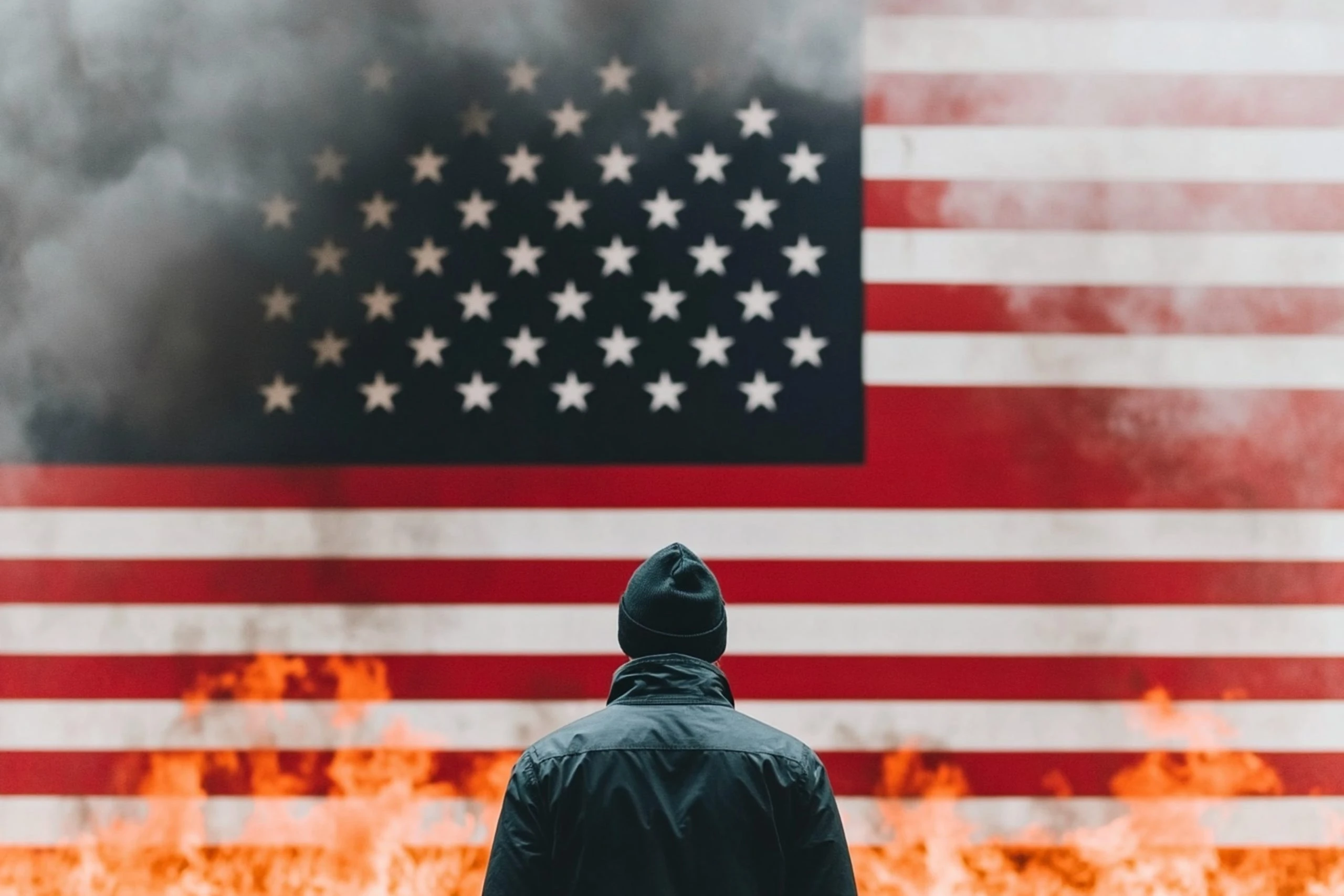By Mr Ali,Staff Editor
Copyright stabroeknews

Three weeks after the September 1st General and Regional Elections it is appropriate to underline some of the cold hard facts about the overall result.
In winning the elections with 55.3% of the votes cast, the incumbent PPP/C was only able to attract a total of 9,161 more votes. One could safely hypothesize that the PPP/C’s base from 2020 stayed with it and there was no splintering. Why should there be when the PPP/C held the keys to the Treasury and the prospect of revenue from 700,000 barrels of oil per day. Interestingly and unusually, most of the PPP/C’s gains came in Region Four, an increase of 6,616 votes and could possibly be linked to the house lot programme, migration from other regions and persons who had secured improved fortunes in oil industry work.
This was, however, no landslide as the party had been hoping for and far from the two-thirds majority the country’s oil wealth might have deluded it into thinking was possible. It is a sobering result when one considers that the PPP/C government has absorbed billions of US$ in oil revenues into the Consolidated Fund for the years 2023, 2024 and 2025 and spent it excessively on major projects on which the jury is still out, handouts, education and health vouchers, the cash grant, free passage on bridges, distribution of 50,000 house lots and all manner of promotions, concerts and festivals all of which were geared precisely to win it another term. One should also not forget its claim that it created over 50,000 jobs in five years. Were those jobs only for their supporters who voted for it anyway on September 1st or were the recipients just not grateful enough to vote for the PPP/C?
The PPP/C has trumpeted trillion-dollar budgets in the last three years and borrowed substantially from international financial institutions to finance its programmes. Through both the state media and growing sections of the private media, the government and the PPP unrelentingly promoted the virtues of the administration and its re-election campaign while doggedly targeting the opposition, civil society and critics. Yet, for all of this, for all of the untold and unreported expenditure on its glitzy, social media-based campaign it was only able to accrue 9,162 more votes. How much did the PPP/C actually spend on its campaign and where did it come from?
This was not President Ali’s One Guyana. The final result yielded two Guyanas. On September 1st 2025 there were 21,885 less voters than in 2020. This is a chastening figure. Considering that the size of the voter’s roll should have increased between 2020 and 2025 and therefore the actual turnout number should have been higher if the 2020 level was maintained, it means that the 21,885 missing voters and more were not inspired by Mr Ali’s nebulous One Guyana vision which he spoke of frequently between 2020 and 2025. Worse, 195,969 persons or 44.7% of those who eventually cast ballots voted against Mr Ali’s vision. They did so even in the ambit of the lacklustre campaign run by the fragmented main opposition APNU which was literally coming apart at the seams. Those people were not moved by Mr Ali’s message and are likely in the main the people who have spoken to this newspaper for over two years in its cost of living series and who have bitterly complained about not seeing returns from the oil industry and have suffered a decline in their circumstance.
Just as troubling for the PPP/C was the rise of the We Invest in Nationhood (WIN) led by the erstwhile friend of President Ali and the PPP, the US-sanctioned businessman Azruddin Mohamed. Despite relentless demonizing by the horde of hired hands in the state and private media and elsewhere and targeting by the machinery of the state and sections of the private sector, WIN was still able to capture 24.87% of the votes, the highest return for any third party in the country’s history. Granted that its leader had been engaged in years of philanthropy and had used social media to full effect, it meant that one out of every four voters rejected Mr Ali’s vision and opted instead for Mr Mohamed despite all of the serious questions facing the latter about the alleged under-invoicing of thousands of ounces of gold exported to the United States, alleged tax evasion on luxury vehicles and his complete unfamiliarity with the world of politics and governance. That must have been a sharper blow to the PPP and Mr Ali than the 77,998 votes that went to APNU which represented hardcore PNC supporters who would never have been available to the PPP/C anyway.
Those 109,075 WIN voters – the majority of whom would have been disaffected APNU voters – should have been available to vote for the PPP/C and its much vaunted accomplishments and plans if the race Rubicon had been truly crossed. That was not to be. They hitched their wagons to a party that had literally sprung up overnight and merely offered a glimpse into improved lives for them on the premise that Mr Mohamed had handed out some of his own wealth and that with him in a position of influence more of the country’s growing oil wealth would probably be apportioned to them. The PPP/C and some of its leaders wrote off the clear signs of public support for WIN as the buying off of people. Yet, over 109,000 of those persons trudged to polling stations throughout the country and voted for WIN. Particularly in Regions 7, 8 and 10, WIN’s attraction was not dulled by the blandishments of the PPP/C.
While one is still to learn exactly what was handed out or promised to WIN voters there is no doubt at all that the PPP/C utilized the currency of incumbency without any restraint to woo votes, a practice that any incumbent interested in fair play would have tempered. Nowhere was this more patently obvious than when President Ali arbitrarily announced thousands of promotions in the police force, many of which would have been wholly unmerited. That moment was clearly a point of alarm for the PPP/C with the fear of a hung parliament hanging over it. It therefore began looking for every opening to snare votes in the days before the elections. What is the difference between Mr Mohamed doling out money from supposedly questionable sources and the PPP/C wantonly distributing favours, blandishments and other things unknown on behalf of the state for votes? Did anyone believe that defectors from APNU to the PPP/C had laboured along the Road to Damascus and were now true converts to some new thinking?
The abuse of incumbency was trenchantly commented on by the European Union Electoral Observation Mission.
“An undue advantage of incumbency distorted the level playing field during the election campaign. After the elections were announced, the President and his administration inaugurated a large number of public projects such as hospitals, schools, police stations, and major transportation projects, representing a significant increase compared with previous months. EU observers noted that most inauguration events were largely attended by PPP/C supporters in party colours and symbols, while candidates’ speeches urged to vote for the ruling party. Beneficiaries of government cash support reported having received unsolicited phone calls encouraging them to vote for the ruling party, raising concerns over misuse of personal data. Several new or expanded social programmes were launched before 1 September. Among other benefits to the public sector, on 10 August the President announced an unprecedented mass promotion and bonuses for more than 2,800 police officers, the timing of which raised concerns.
“Direct pressure on civil servants and part-time governmental employees was also reported, with instances of civil servants being demoted or transferred from one to another location after they had expressed support for WIN candidates. In this context, EU EOM observers received reports of voters refraining from openly supporting opposition parties fearing negative repercussions such as the loss of employment or social benefits.
“Campaign finance is largely unregulated leading to a lack of transparency and accountability. Spending ceilings are low and outdated, and the existing rules are ambiguously drafted. Political parties and candidates’ obligations to report campaign expenditures to GECOM are not enforced. There is no state funding in Guyana, and no provisions defining permissible sources and uses of funding, donations, or campaign expenditures. There are no regulations to ensure a level playing field for campaigning, nor adequate rules to minimise the use of state resources to the advantage of incumbency. The campaign was marked by widespread allegations of direct and indirect vote-buying, against PPP/C and WIN candidates, predominantly in vulnerable communities”, the report said.
There is no doubt that the PPP/C has won a clear majority in parliament. There is also no doubt that Guyana remains a deeply divided polity and that the unity which is engendered in the President’s One Guyana message is far from being achieved. So, what will the President do in this his final term?



